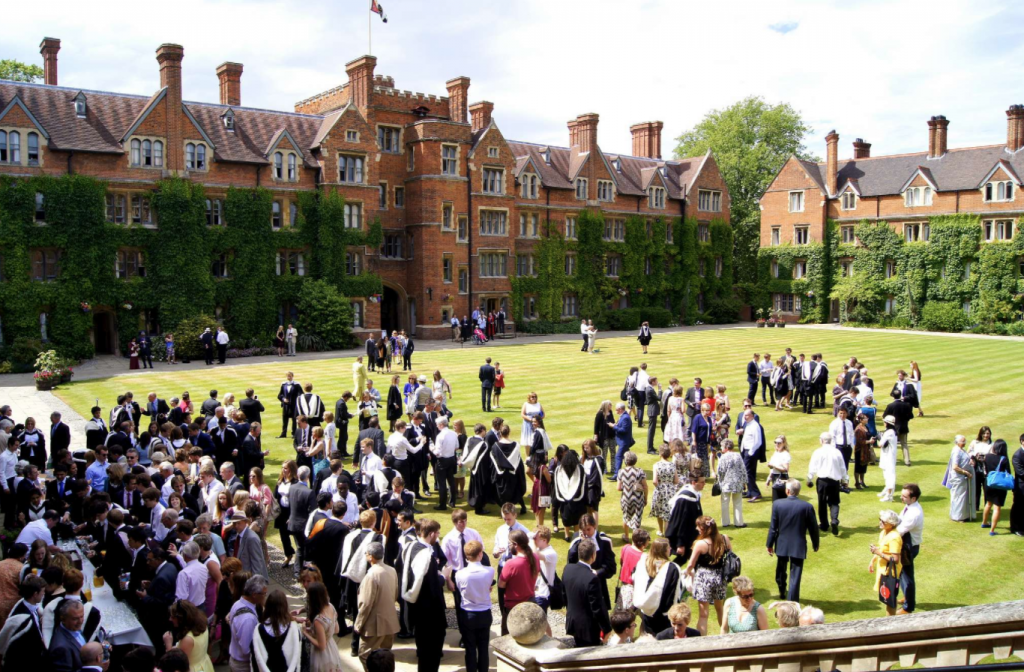By Anna Liss-Roy
“Have you taken any courses in gender studies?”
It was a question I hadn’t anticipated, one that I’d never been asked. I was interviewing for an internship at a prestigious policy institute and had rattled off courses that I thought sounded impressive: Macro Econ, Comparative Politics, International Relations of the Middle East— oh, and did I mention that one journalism class that changed my life?
The gender studies question caught me off guard. I’ve taken three gender studies courses, actually, a fact that I’d never expected to mention in an interview. I was struck by the significance of a question that casually referred to gender studies as a vital prerequisite.
Gender studies, also known as Women’s Studies or Feminist, Gender and Sexuality Studies (FGSS), as at Scripps, continues to lack broad recognition as a “serious” major. Marilyn Boxer, a historian who helped pioneer the field in the 70s, wrote that when women’s studies first entered academia, “merely to assert that women should be studied was a radical act.” But isn’t it still?
Antonio Gramsci, a prominent Marxist, argued that the overwhelming promotion of capitalism through media cultivates the notion that there is no realistic or favorable alternative. Likewise, there’s a certain perceived naturalness in the academic system and the unequal value it places on different realms of study. That’s just the way it is, right?
Not only is this sense of “naturalness” a total fallacy, but there is a specific point in history to which it can be traced: the birth of liberalism in Europe. As power became consolidated in nation-states in the early fifteenth century, the economy began to shift from a feudal to a capitalist model. Proponents of capitalist industrialization needed a way to justify the means through which resources were acquired: plantation economies, military conquest, colonialism, and slavery. They turned to academics.
As capitalism flourished, academia emerged as a tool to rationalize it. European claims to rational superiority relied on narrow, demeaning conceptions of women and nonwhites in order to legitimize colonization and the devaluation of domestic labor (Peterson). Many popular areas of study today originated or were heavily shaped by the desire to justify the pillaging of the third world (Dyvik).
Adam Smith’s distinction between public and private spheres screwed women even more. Because domestic labor fell within the private sphere, it lost recognition and value to the “productive,” waged labor of the public sphere. Not only did domestic labor itself lose status, but so too did qualities associated with the private sphere, including compassion and nurturing, which were feminized and devalued. Reason, assertiveness, and earning money were masculinized through their association with the “productive” public sphere (Peterson). I can only wonder what the labor hierarchy would look like if cisgender men could get pregnant.
The assigned differences between females and males (personality traits, skills, interests) extend beyond individuals; it’s a concept upon which our whole political economy is built. Nationalism and economic spheres are inextricably tied to a race and gender hierarchy and idealized conceptions of the members of each group. The project of state-building has taken great care to erase disruption of these clean-cut models; queerness, black power, Arab hegemony, matriarchies and every example of something other than white male power have been excluded from the bases of academic reasoning. Many of these identities remain invisible within academia, as do critiques of the system that invisibilizes them.
It was a group of European white men who structured the world we live in today, carefully producing a version of academia that created clear-cut racial categories and idealized the gender binary in order to position themselves at the top. It worked—and the problem is that it’s still working.
So how do we initiate structural change? Many people, indoctrinated with a Gramscian sense of non alternative, don’t want to. We’ve got to open people’s minds to feminist critique. It starts with education. It starts with gender studies.
Through my own experience I’ve learned that gender studies is relevant to every field imaginable. Economically, I notice that flexibilization and informalization feminize lower-paying jobs—and it’s not a coincidence. I enter my political science classes with the knowledge that International Relations was designed with subordination in mind. I question the construct of rational thought as originating and belonging to European white men.
Each day I become a little less blind to the white male-centric foundations of academia, well concealed as they are beneath a fresh “equal access” coat of paint.
And so despite the fact that the institute I interviewed for is focused on gender equality, I couldn’t help but feel encouraged to hear a women’s college alumna in a position of power ask me about gender studies. As generations of women’s college graduates rise in the ranks of an economy designed to assign them to devalued labor, those who have fulfilled their gender studies general education requirement will understand the value of gender studies as an academic discipline. As we rise, we fall back on our feminist analyses in order to propel the world around us forward. As we rise, gender studies will gain respect in the very professional world that it will come to remodel.
How can I predict this will happen? Because evidently it’s already begun.
Sources
Dyvik, Synne L., et al. What’s the Point of International Relations? Routledge, 2017.
Peterson, V. Spike. “How Is the World Organized Economically?”
Image Credit to the Odyssey



